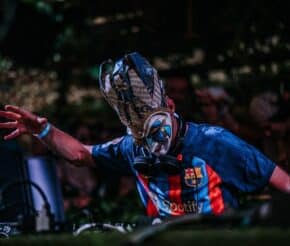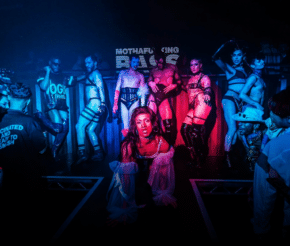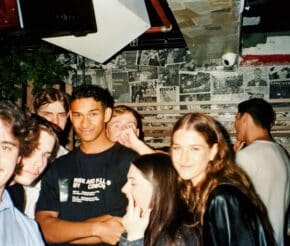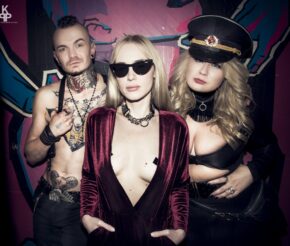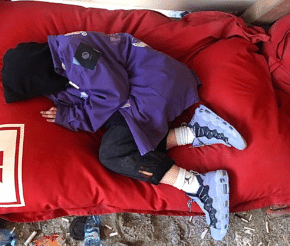- Advertise
-
Subscribe
Are Vaccine Passports Bad News for Marginalised Communities?
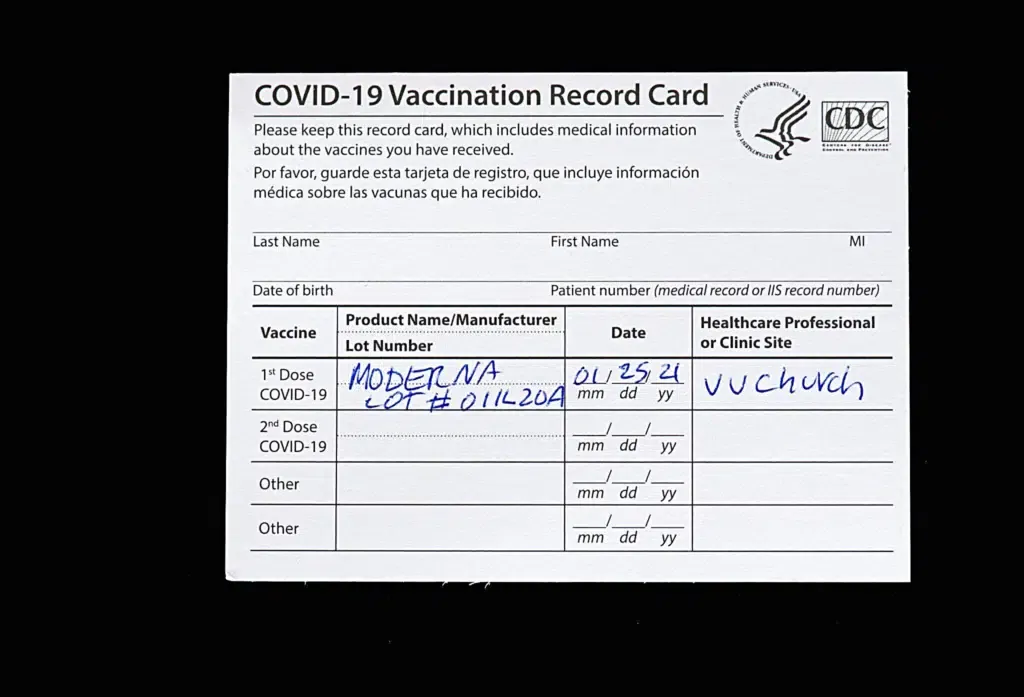
‘It’s fair to say that most people instinctively don’t like the idea [of vaccine passports]’ – declared Sajid Javid, the UK Secretary of Health, in an interview with the BBC’s Nick Robinson in the wake of Boris Johnson’s rapid U-turn.
While he’s right to suggest that the UK government received a lot of backlash for their proposed passport plans – especially in the context of the nightclub industry – to condense the public distaste for the scheme down to ‘instinct’?
Well, that just seems like an oversimplification.
People have petitioned to scrap schemes that create a ‘two tier society’
Across the world, people have signed petitions and joined protest groups campaigning to scrap schemes that have the potential to form what’s been called ‘a two tier society’ – a place where some people have access to certain benefits while others are left disadvantaged.
Some of these protesters will have been scaremongered into knee jerk reactions; others will have been motivated by a wish to defend their sense of personal freedom.
And the rest? Maybe they’re ‘Covid deniers’ or maybe they’re propped up by well-founded concerns about further disadvantaging already-marginalised communities.
There’s a whole spectrum to it.
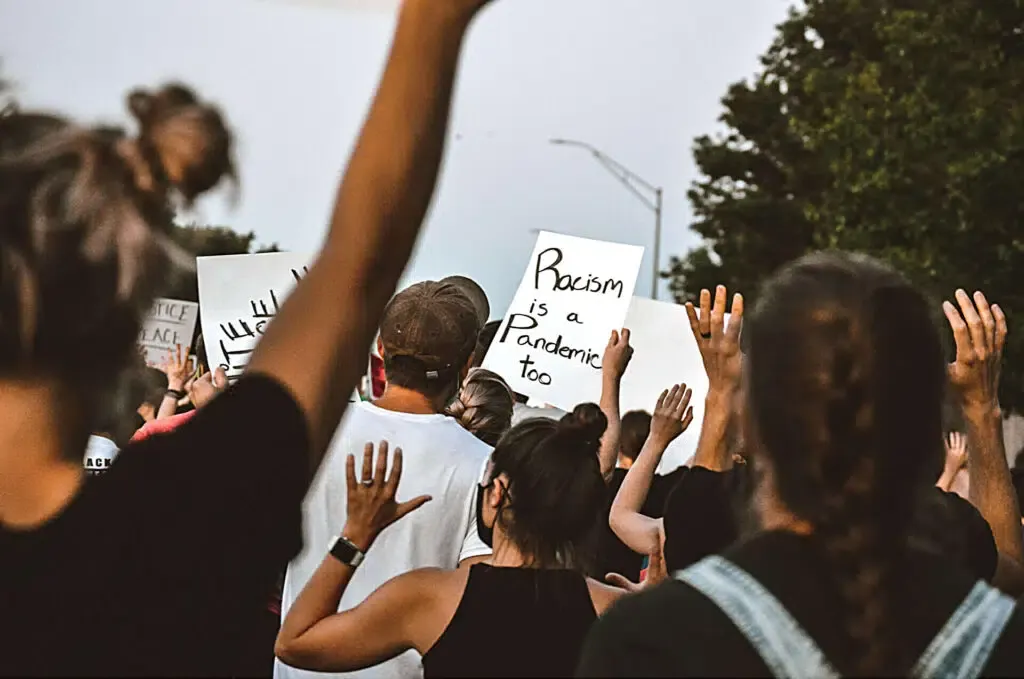
Disparities in quality of life may only be worsened by vaccine passports
Instinct is not tantamount to reason – which is the main motivating factor behind the swathes of the global population who have held themselves in opposition to vaccine passports over recent months.
In societies where everyone can’t access the same medical support, is it fair to stop people from going to public venues because they don’t have the right vaccination papers?
If everyone doesn’t have the same motivation to get the vaccine, disparities in quality of life will only be worsened by a system that bars people from accessing goods and services if they choose to exercise their right to opt out.
Many think that this could be setting an alarming precedent.
This isn’t to say that vaccine confidence schemes don’t have a part to play in encouraging low-uptake communities to act in the interests of public health. It is to say, however, that taking away services in the hopes that it will incentivise hesitant groups teeters alarmingly on the brink of irresponsibility.
Vaccine hesitancy can be grounded in long histories of discrimination
Research shows that ethnic minorities have lower vaccine takeup rates at least in part because of their long histories of distrust in government organisations that have discriminated against them in the past.
Just look at the USA – black Americans were the least likely ethnic group in the country to accept the Covid vaccine because of their rocky relationship with the medical establishment.
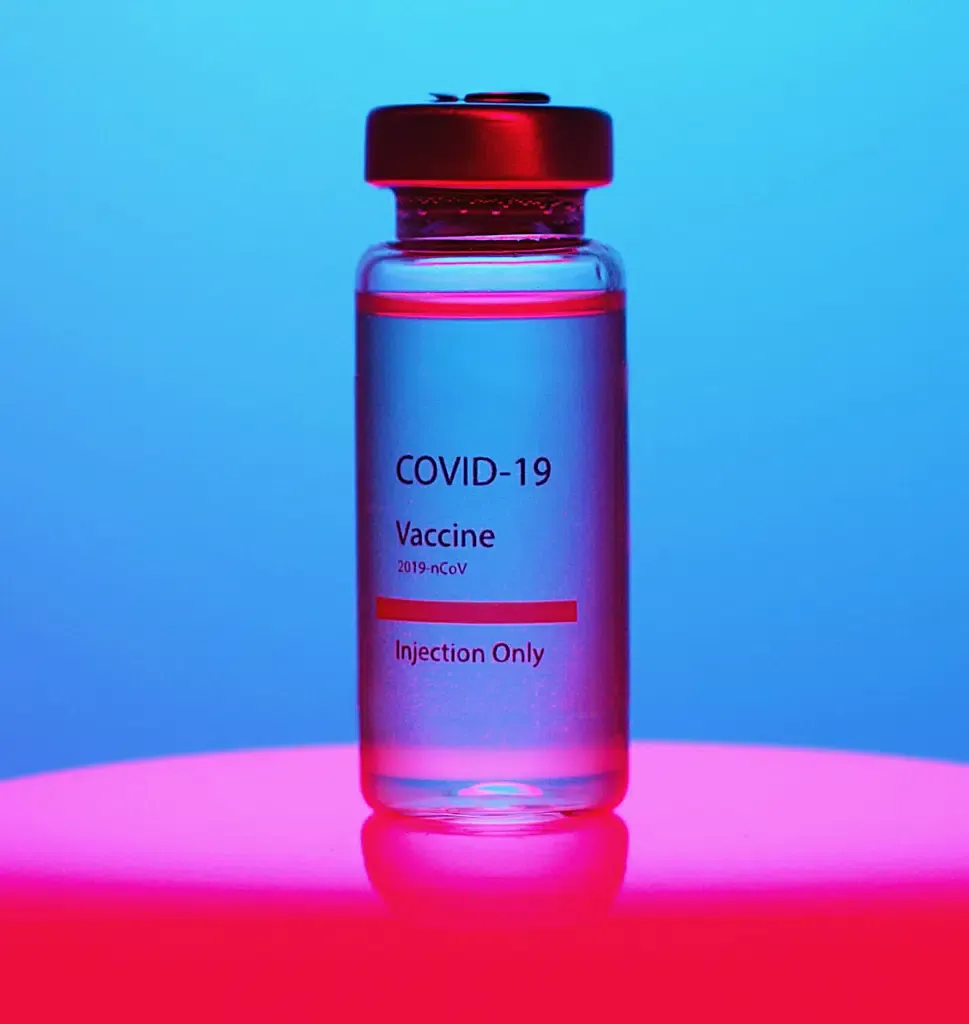
This line of reasoning might not seem to accord with broader public interest, but that’s not really the point. It remains valid because it’s grounded in long and bloody histories of discrimination.
Does it not set in motion a very dangerous trend indeed when people’s access to goods and services is divided along racial lines, as would be the case with a vaccine-passport-enforcing society?
Registering with a GP is a red flag for immigrants avoiding detection
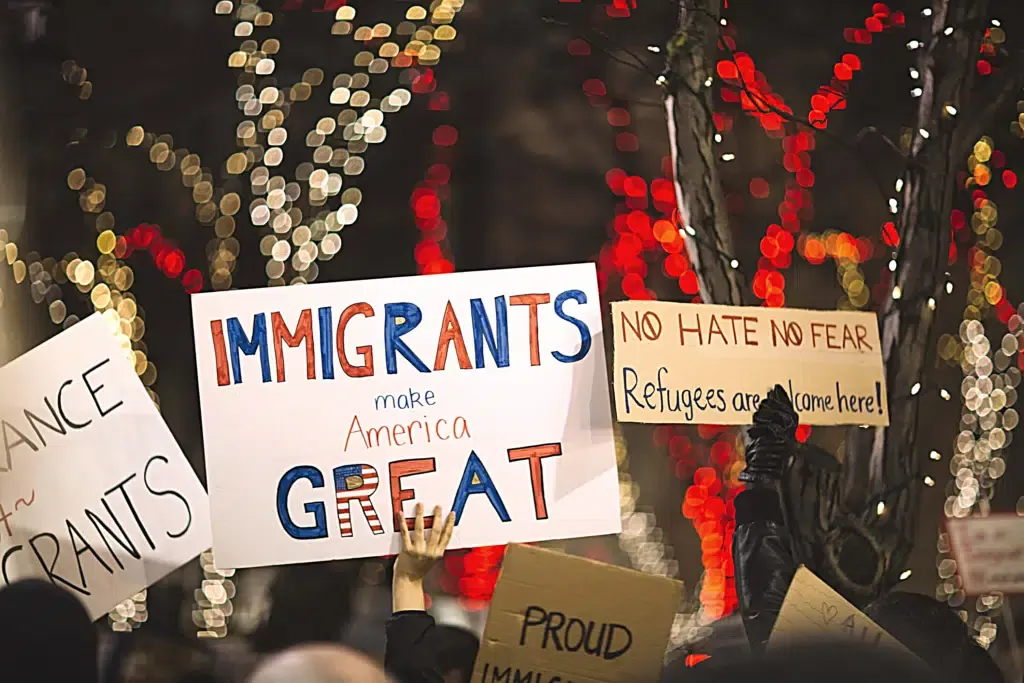
We can expand this same logic to immigrant communities – particularly undocumented ones.
Sure, vaccines are available to undocumented immigrants ‘in theory’. But in practice, as Anna Miller from ‘Doctors of The World’ explains, many aren’t inclined to get them because the procedure involves registering with a GP who is likely to raise questions about identity and immigration status that are red flags for those looking to avoid detection.
Let’s push it broader still and look at the impact of this sort of scheme on the LGBTQ+ community – another marginalised group who have lower uptake rates in part due to similar issues of distrust in the medical establishment.
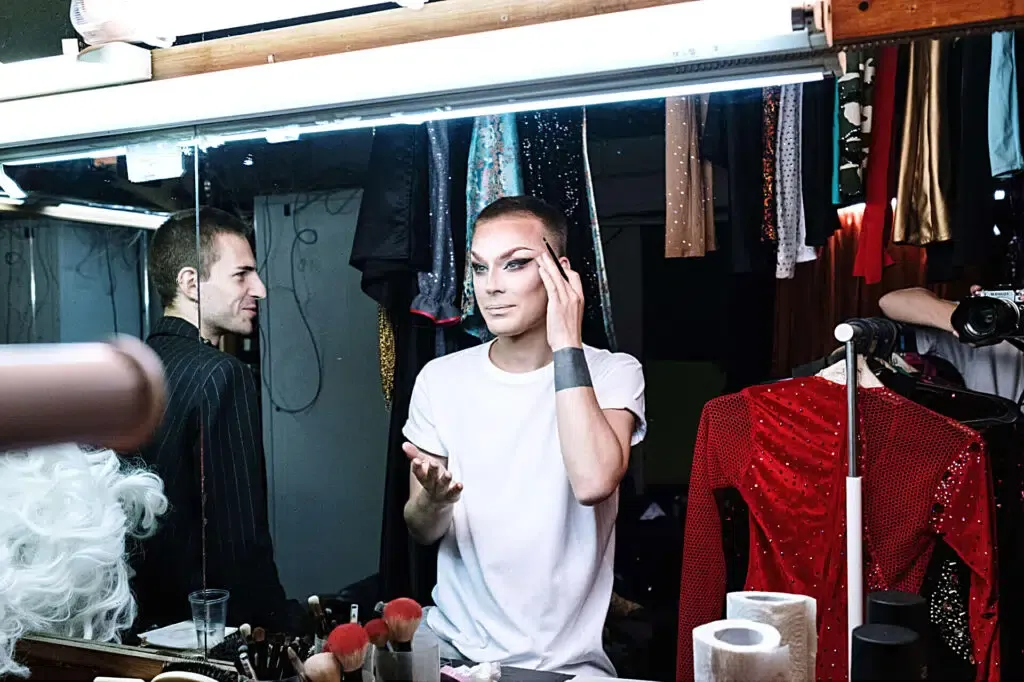
Considering that gay clubs are viewed as safe spaces for members of the LGBTQ+ community to express themseleves without fear of violence and judgment, the impact of restricting access to these clubs and bars could hit people from this group harder than most.
As UK Drag Race star, Cheryl Hole, reminded fans in an Instagram speech about the importance of funding LGBTQ+ nightlife throughout the pandemic:
“Theatre and queer nightlife are two of the most crucial things to our community and I feel like the Government shouldn’t overlook that […] a lot of people go to these venues to find themselves”
Cheryl Hole, UK Drag Race star (Instagram)
Putting the question of vaccine passports used in the context of travel aside, the nightlife they could be used to restrict is a lifeline for some, a way of life for others, and a means of making a living for many people across the world.
It’s on research, not instinct to fear the impact of selective access
Ultimately, it’s on research, not instinct, to suggest that the impact of selective access to these sorts of spaces could have dangerous consequences for some of the most vulnerable groups in society.
